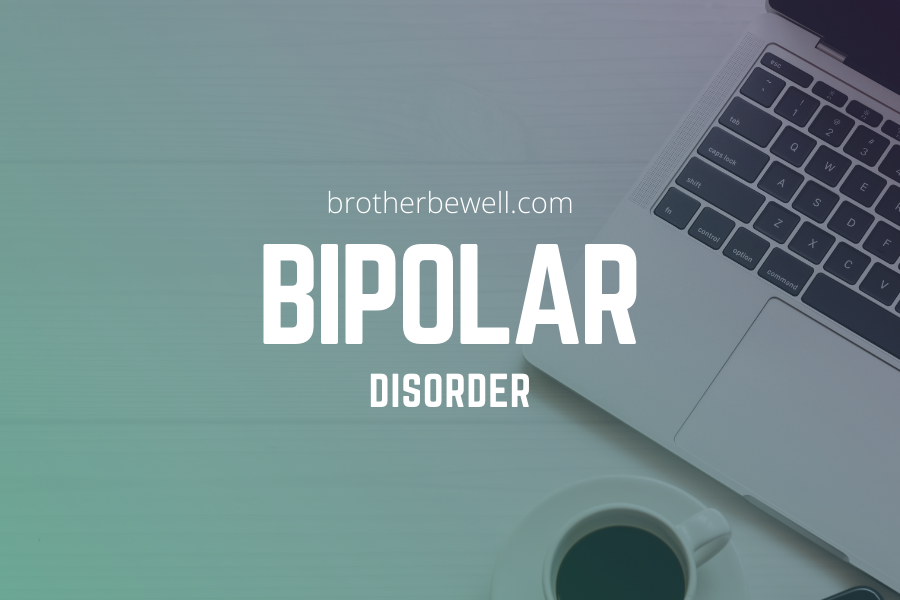Bipolar Disorder is a mental health condition that creates abnormal changes in a person’s mood. It also affects energy level and concentration. It generally affects individuals while in their teens and early to mid-twenties. This condition used to be called Manic Depression.
There are two significant types of Bipolar Disorder. They are Bipolar I and Bipolar II. Persons with Bipolar I and Bipolar II go through seasons of euphoria. Then, seasons of depression may follow. These are feelings of extreme emotional highs and lows.
During the euphoric period, one may feel an overwhelming sense of excitement. Energy and activity levels increase more than usual. Bipolar l is more severe and may sometimes require hospitalization because the individual may become delusional or suicidal. This is the manic stage.
Symptoms of Bipolar Disorder
The symptoms are the same for Bipolar l and Bipolar ll. But, Bipolar ll is milder, and the symptoms last for a few days to a week. This is the hypomanic stage. Bipolar l symptoms may last from days to months.
Symptoms may include:
- Decreased desire for sleep.
- Overspending.
- Rushing from one idea to the next.
- Intense sexual urges.
- Elevated energy and hyperactivity.
- A grandiose self-image.
- Planning and pursuing grandiose, unrealistic ideas.
- Rapid, uninterruptible, and/or loud speech.
- Substance and alcohol abuse.
Causes and Risk Factors
Scientists still do not know the real cause of Bipolar Disorder. Research suggests genetics play a role. Sufferers often have a family member with the same condition. Thus, family history is a risk factor. Other risk factors include substance abuse, lack of sleep, and stress.
Impact on the Individual
Bipolar Disorder also affects a person’s ability to perform daily tasks. Individuals may experience persistent episodes of emotional highs and lows. These episodes may also give rise to feelings of guilt and low self-worth. Their energy levels may drop, causing the individual to lose interest in activities that once gave pleasure.
Managing Bipolar Disorder
No one can prevent bipolar disorder. But, prompt control of the situation will help reduce the negative impacts. Not managing the condition may give rise to more complications. The individual may have difficulties with health, relationships, and school and work performance. Sufferers may experience suicidal thoughts and may attempt suicide.
Here are some coping strategies to follow:
- Seek help from your physician as the first warning signs appear. Learn about the condition by reading material and joining a support group.
- Talk to a family member or friend during stressful moments. A behavioral therapist will also help you develop coping strategies.
- Avoid abusing alcohol or other drugs as a way to self-medicate.
- Take prescribed medication on time. Tell your doctor about any adverse side effects.
Combining medication and psychotherapy is beneficial to individuals with Bipolar Disorder. Yet, support from friends and family is essential to managing and living a productive life.
Brother Be Well Editorial Team



